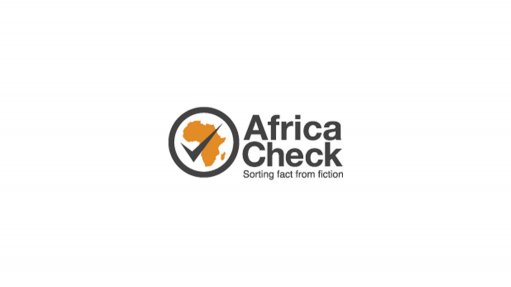
A push to amend Kenya’s constitution continues to simmer, with backers of a draft bill saying they have the required million signatures supporting it.
The bill proposes to reduce the number of MPs by nearly two thirds and cap the pay of the president and legislators.
It also aims to increase the counties’ share of national revenue, from at least 15% to a minimum of 35%. County funding is often a divisive issue in Kenya.
In a May 2019 TV interview, former governor Isaac Ruto claimed parliament used old national revenue data to decide on the 47 counties’ share of revenue, giving them less money.
“This parliament approves the revenues of five years ago,” Ruto, a former chair of the council of governors, said. “So, they use revenue [figures] of five years ago to share revenue” with county governments in the current financial year.
Is this the case?
Constitution gives counties at least 15%
Africa Check asked Ruto for the sources of his claim, but he is yet to respond. We will update this report should we hear from him.
His recommendation was that parliament instead uses revenue figures of the previous financial year from the auditor general, which are more recent than those approved by parliament.
Kenya’s constitution says that in each financial year, counties must get at least “15% of all revenue collected by the national government”.
This must be based on “the most recent audited accounts of revenue received, as approved by the National Assembly”.
The Commission on Revenue Allocation is responsible for working out how revenue is shared between the two levels of government every year. It uses a formula to do this. Once parliament approves its proposals, they become law – the annual Division of Revenue Act.
Five-year lag between data and law
The current parliament started work on 31 August 2017, two months into the 2017/18 financial year. It has so far approved one Division of Revenue Act, for 2018/19. This was based on the audited accounts of revenue for 2013/14.
The Division of Revenue Bill 2019 allocating funds for 2019/20 used the audited revenue for 2014/15. It hasn’t been passed because it is the subject of a dispute between the two houses of parliament.
For both financial years, the “most recent audited accounts of revenue” used to work out how the money is to be shared are five years old. To this extent, the former governor is right.
In other years the gap has been shorter. For the 2016/17, 2015/16 and 2013/14 revenue bills, the most recent audited data was three years old.
Higher spending growth for national government
The use of older revenue figures instead of the most recent data goes against the intention of the constitution, Kwame Owino, CEO of the Institute of Economic Affairs Kenya, told Africa Check.
“I think what it shows is that the growth in spending for national government is several times higher than the counties, partly because the national government is not constrained by that view that you need to anchor it on audited accounts,” he said.
And the fixed share given to the counties may not be enough for their needs.
“The threshold in the constitution is about a bare minimum and does not say how much it would grow year on year,” John Kinuthia, a research analyst at International Budget Partnership-Kenya, told Africa Check.
Conclusion: Former governor right that current parliament used five-year-old data to allocate county revenue
Isaac Ruto, a former chair of Kenya’s council of governors, recently claimed that parliament used five-year-old revenue figures to work out how much money should go to the country’s 47 counties.
The most recent revenue sharing bill, for the 2019/20 financial year, relies on 2013/14 figures – the most recent audited accounts.
For 2018/19, parliament relied on 2013/14 audited revenue, another five-year lag.
We therefore rate Ruto’s statement as correct.
Researched by Vincent Ng’ethe, Africa Check, a non-partisan fact-checking organisation. View the original piece on their website.